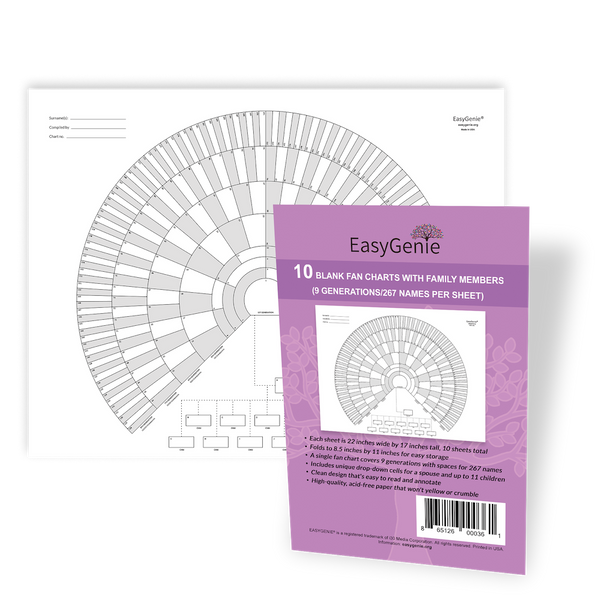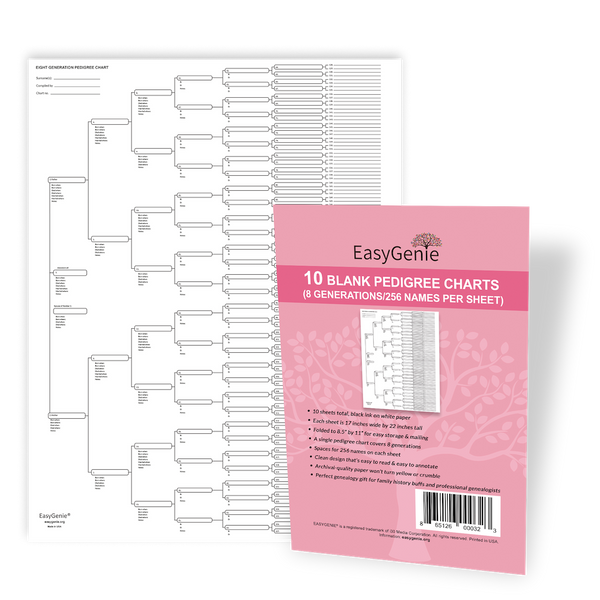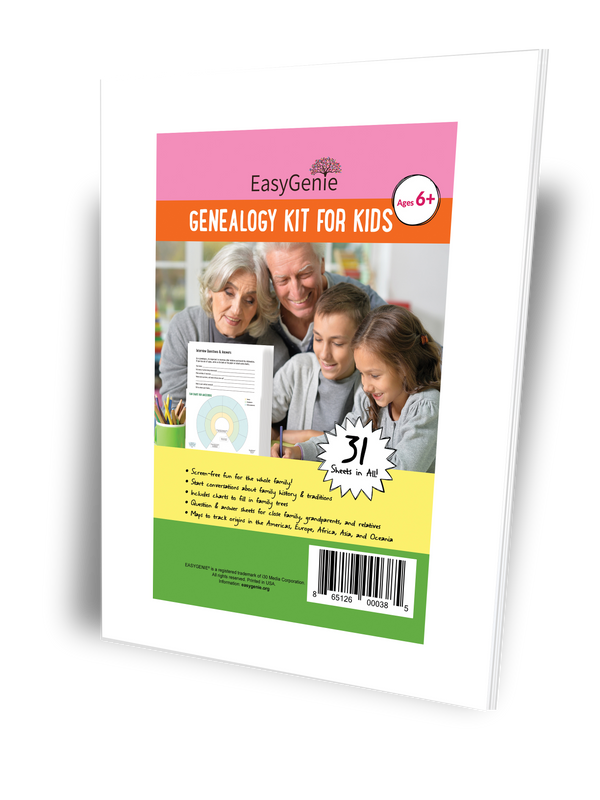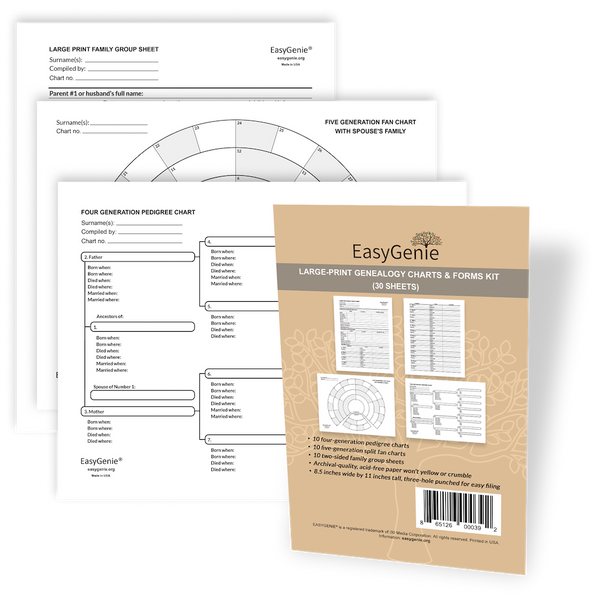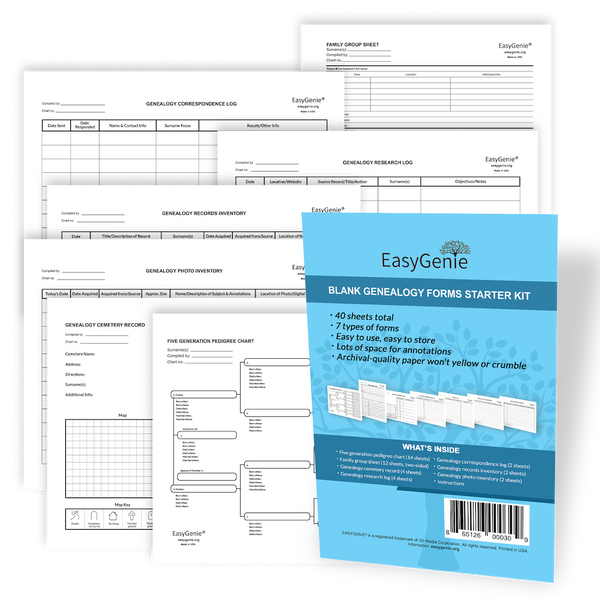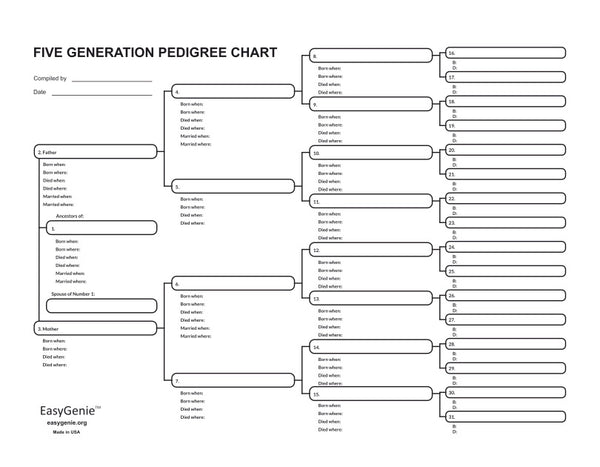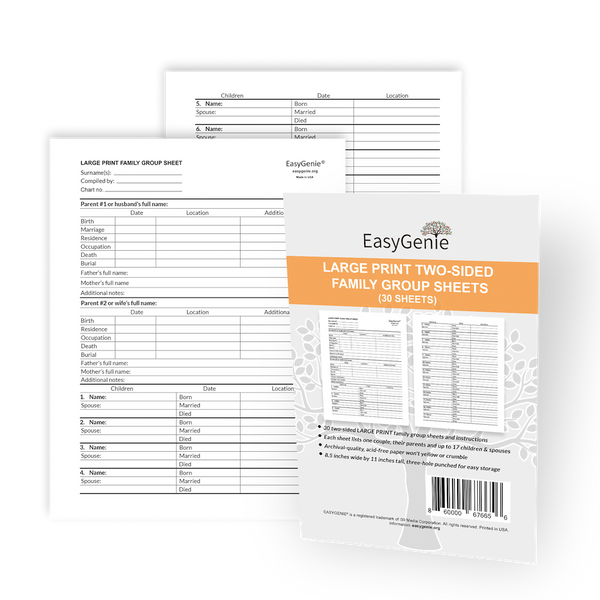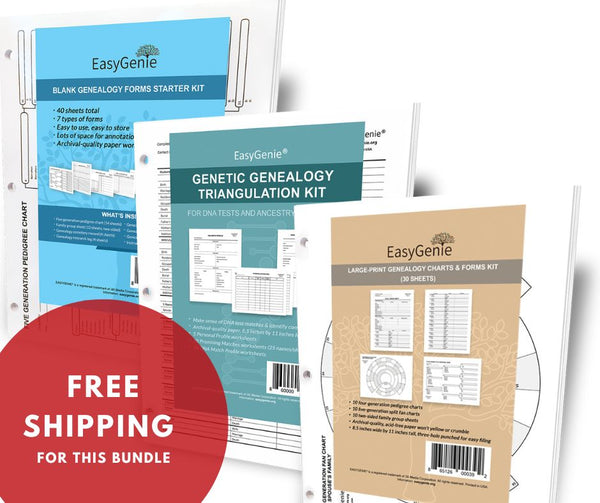
Digging History interview: Finding genealogy gold in newspapers
Ian LamontIt's time for another expert interview! Sharon Hall of Digging History is based in Lubbock Texas. In this interview, she talks about digging through newspaper archives, a discovery related to Abraham Lincoln, and how she finds inspiration for publishing a genealogy magazine.
Ian, EasyGenie: What are your areas of specialization when it comes to conducting research for clients?
Sharon, Digging Through History: I consider newspaper research a special area of expertise. There is nothing I enjoy more than perusing old newspaper archives. I feel it is one area that some researchers don't give enough attention to. It isn't just about finding an obituary -- your ancestor may have left a significant footprint on his or her community that was worthy of mention in the local (or even national) newspaper.
What's your favorite genealogy website, and why?
Sharon: Favorite genealogy site? That's not any easy question to answer because I use a number of sites, primarily Ancestry, but I also rely on Family Search and newspaper archives (Newspapers.com, Genealogy Bank, Newspaper Archives). While many of the resources I find are at Family Search, one of the most helpful sites I've found is Geneanet which had cataloged and indexed thousands of texts (books, magazines, newspapers) from around the world.
Where do you find inspiration for articles for your genealogy magazine?
Sharon: After a few years of writing a daily blog and editing an award-winning local genealogical society newsletter, both formats which constrained me as to content length, I decided I wanted to take on a more ambitious project. Digging History Magazine began (timidly) in January 2018 with a 40-page issue. I published monthly in 2018, but switched to bi-monthly in 2019. The magazine features articles on genealogy and history in a digital only (PDF) format -- without advertisements.
Many issues have themes and some of my ideas, admittedly, come from snooping around in old newspapers. The September-October 2019 issue is a good example, one which focused a great deal on the Victorian Era. One article was entitled "In a Dead Woman's Eye", based on an article I happened to glimpse while researching something entirely different. In the late nineteenth century, some believed it was possible to photograph a murder victim's eye in such a way as to reveal the identify of their killer.
Another article was entitled "Ways to (Fashionably) Go (or stay) in Days of Old". This was another instance of coming across one astonishing newspaper clipping, and then finding numerous examples of people, women in particular, who had been "killed by their corset" -- or "saved by their corset". Alternatively, I found numerous examples of men who had been "killed by their collars" or "saved by their collars". It's always fascinating to read how not only our ancestors lived, but how they (unfortunately and/or unusually) died.
I have also found inspiration for articles, believe it or not, in newspaper notices, something that gets overlooked sometimes in genealogical research. I write a column from time to time entitled "Noticing Notices" -- it's amazing what you might find! Bed and board notices can be quite "juicy" and spice up one's family research!
Describe a particularly satisfying research breakthrough you made for a client.
Sharon: One of the most surprising things I came across for a client was that his great grandfather had served as one of Abraham Lincoln's bodyguards, part of a contingent of young men hand-selected by Ohio's governor. My client had no idea this was part of his family history. His grandmother had never mentioned it, although I found significant mention in newspapers.
What piece of advice would you give a family genealogist just getting started with researching their roots?
Sharon: Genealogical research is not for the faint of heart! [Smile] Seriously, I would encourage them to enjoy the process by learning all they can about their ancestors -- and not just birth and death dates. Learn what their lives were like by reading books, journals and newspapers. Develop a passion for genealogy and history, my philosophy being that in order to be adept at one discipline (genealogy) one must be well-versed in the other (history).
Many thanks to Sharon for participating in the interview! To learn more about Digging History, visit the website and be sure to check out the free samples from the magazine (Sharon: "download as many as you like, and consider becoming a subscriber!")

